National President of the Nigerian Association of Chambers of Commerce, Industry, Mines, and Agriculture (NACCIMA), Dele Kelvin Oye, has called for measures that would facilitate the creation of sustainable economic future for the country.
Oye made the call on Thursday at the 20th edition of the All Nigeria Editors Conference holding in Yenagoa, Bayelsa State capital.
Join our WhatsApp ChannelThe NACCIMA President who was a keynote speaker at the event, identified challenges rocking Nigeria’s economy and efforts by the government, especially the current administration of President Bola Tinubu, to fix the system for long term prosperity.
He stated that as Tinubu’s administration embarked on reforms including the removal of the petrol subsidy, harmonisation of foreign exchange rate and increase in minimum wage to building a more sustainable and transparent economy, there is however, the need for critical assessment of these reforms to ensure they are being effectively harnessed for the benefit of all Nigerians.
According to him, the reforms has so far led to attraction of significant foreign direct investments (FDI), increase in crude oil production output and revenue, initiatives to support youths and SMEs, housing and improvement in agricultural activities to boost food security.
Oye identified key problems of the current administration and systemic issues that hinder the nation’s progress to include: poor management of the exchange rate which has seen the value of the naira plunge significantly in the last one year, ineffective taxation policies and monetary policies among others that have led to increased costs and stifled economic growth.
READ ALSO: NACCIMA Highlights Effects Of Benchmark Interest Rate Hike On Nigerian Businesses
Talking about restructuring to reduce cost of governance and ensure efficiency, Oye stressed that the country needs a governmental structure that is both affordable and relevant to the national development goals. He therefore proposed that elected officials, particularly in the legislative arm, should serve on a part-time basis, “funded solely by their constituents or state governments.”
The NACCIMA President called on the media to step up efforts in holding government accountable through constructive engagements and reshaping narratives and highlighting policies that promote economic transparency.
“As we gather here today, I urge everyone to recognise our shared responsibility to promote a better Nigeria. Let us become agents of constructive change and advocates for practices that uplift our nation.,” Oye stated.
“The challenges we face are significant, but they are not insurmountable. Together, we can initiate essential conversations among stakeholders across various sectors. “The Guild has a pivotal role in influencing policies that transcend political volatility, mismanagement, and corruption. We must confront questions surrounding the management and accountability concerning issues like the Port Harcourt refinery, which has seen $1.5 billion spent with no fuel produced over a year.
“Let us seize this opportunity to reshape Nigeria’s narrative from one of despair to a hopeful vision of shared prosperity. I encourage the Nigerian Guild of Editors to take decisive action, advocate for economic transparency, and prioritise policies that serve the people’s best interests above all else.
“The time to restore our country is now. The power to transform lies within our collective hands as we embark on this journey of economic revival. Together, we can usher in a new era of growth, accountability, and resilience against all odds.”
He further charged editors to realise that the task of promoting transparency and accountability lies squarely on their shoulders. “As members of the Guild, you embody these theoretical checks on government and society, helping to shield our people from poor policies, corruption, and the abuse of power. The future is in our hands, and together, let us write the next chapter of Nigeria’s story one defined by transparency, accountability, and transformative growth.”
The NACCIMA boss also shared insights on enhancing media sustainability in Nigeria, including cultivating credibility, encouraging collaborative journalism, connecting with international opportunities, attracting sponsors and revenue, investing in research and investigative journalism, and embracing digital transformation, among others.
Victor Ezeja is a passionate journalist with seven years of experience writing on economy, politics and energy. He holds a Master's degree in Mass Communication.

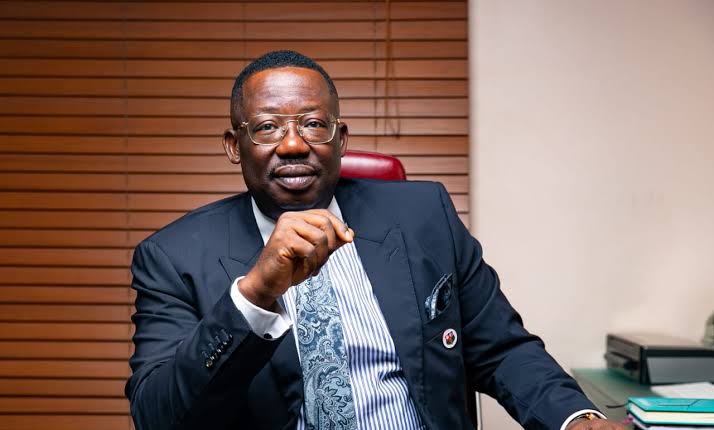




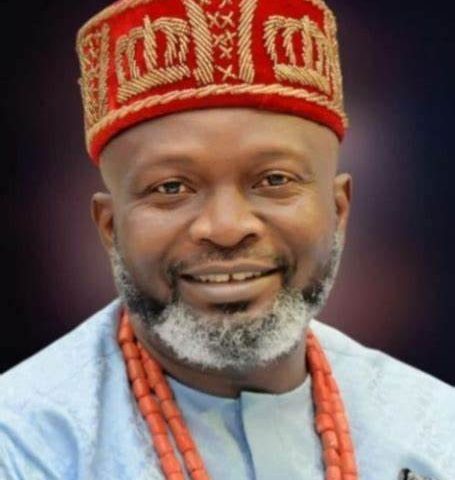
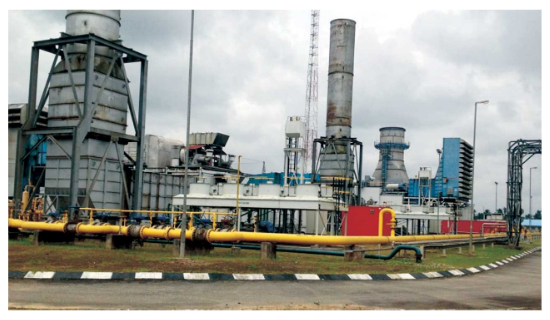









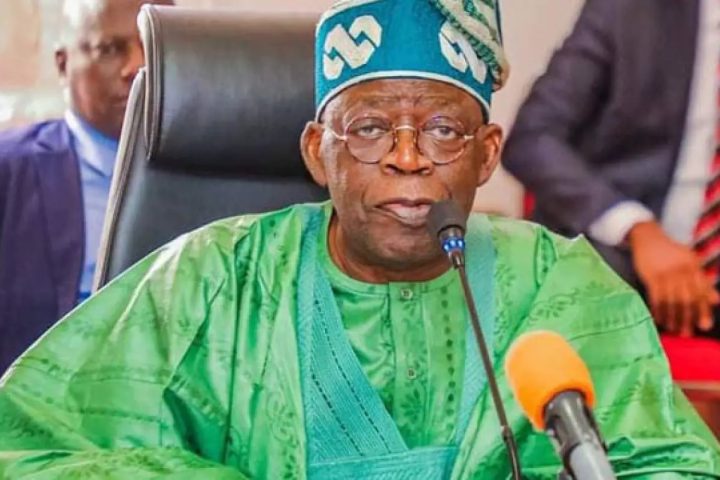
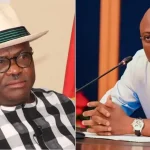
Follow Us